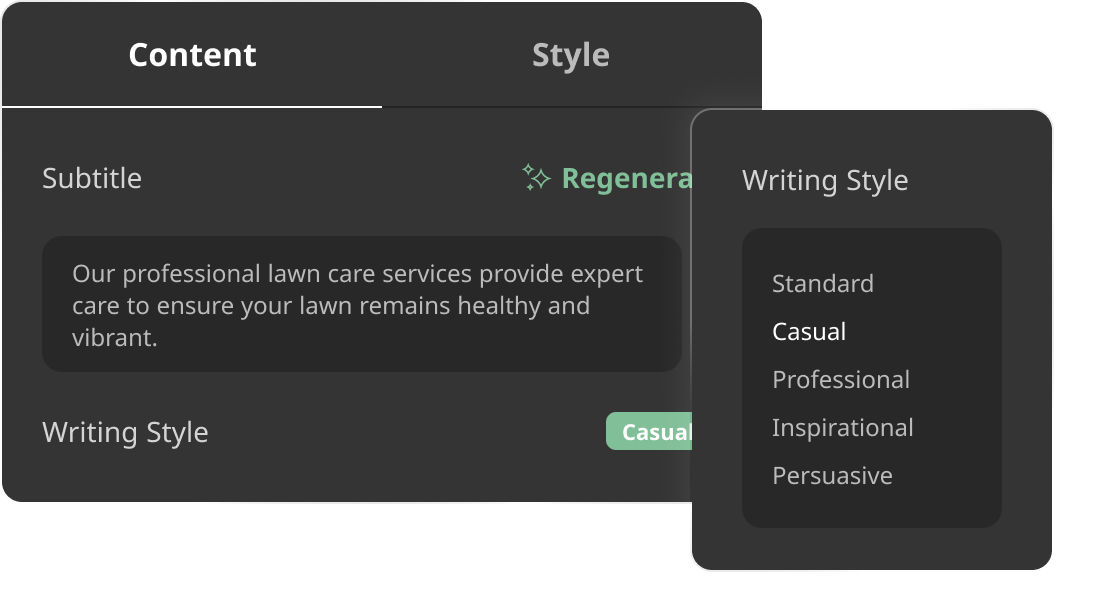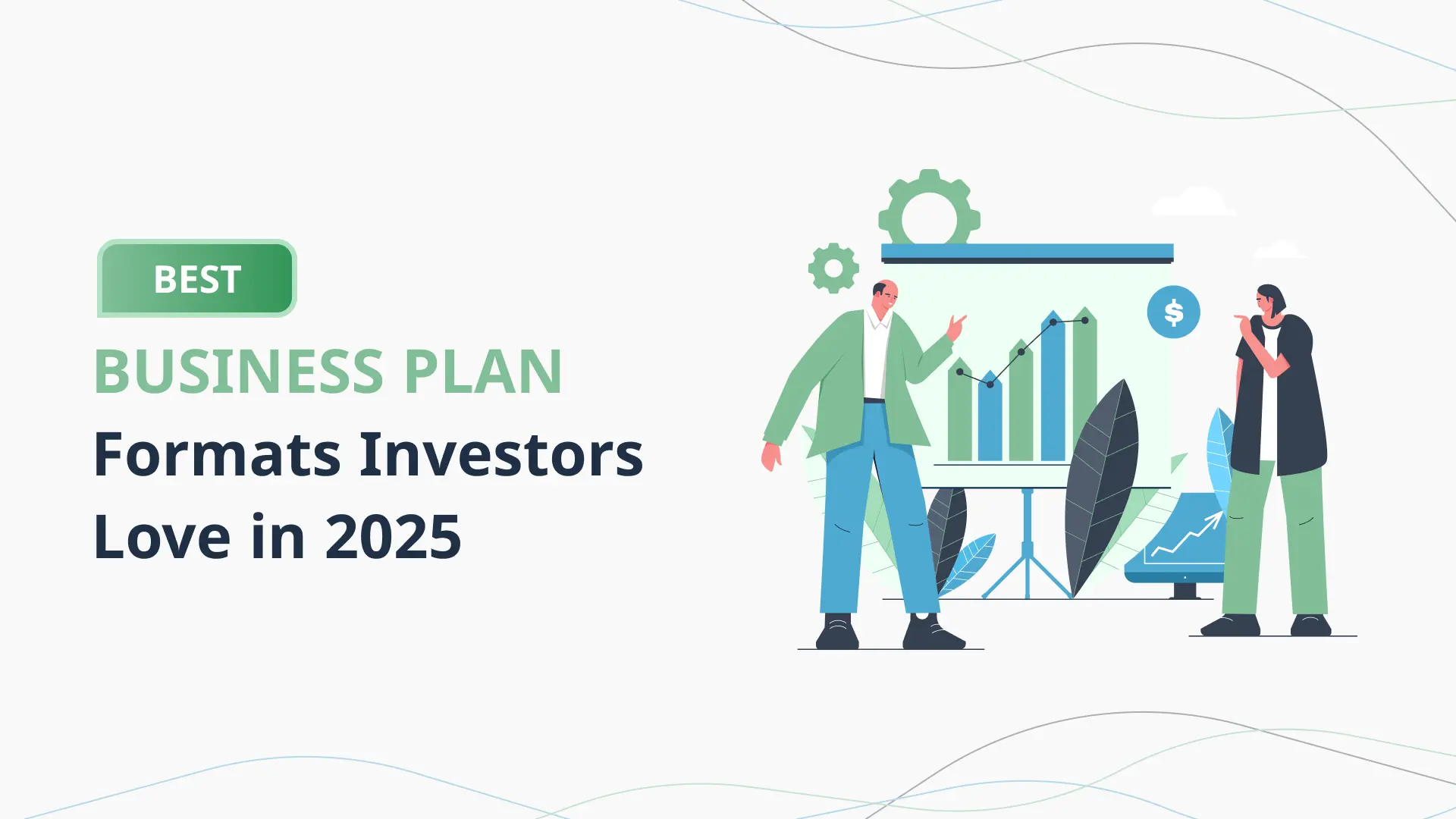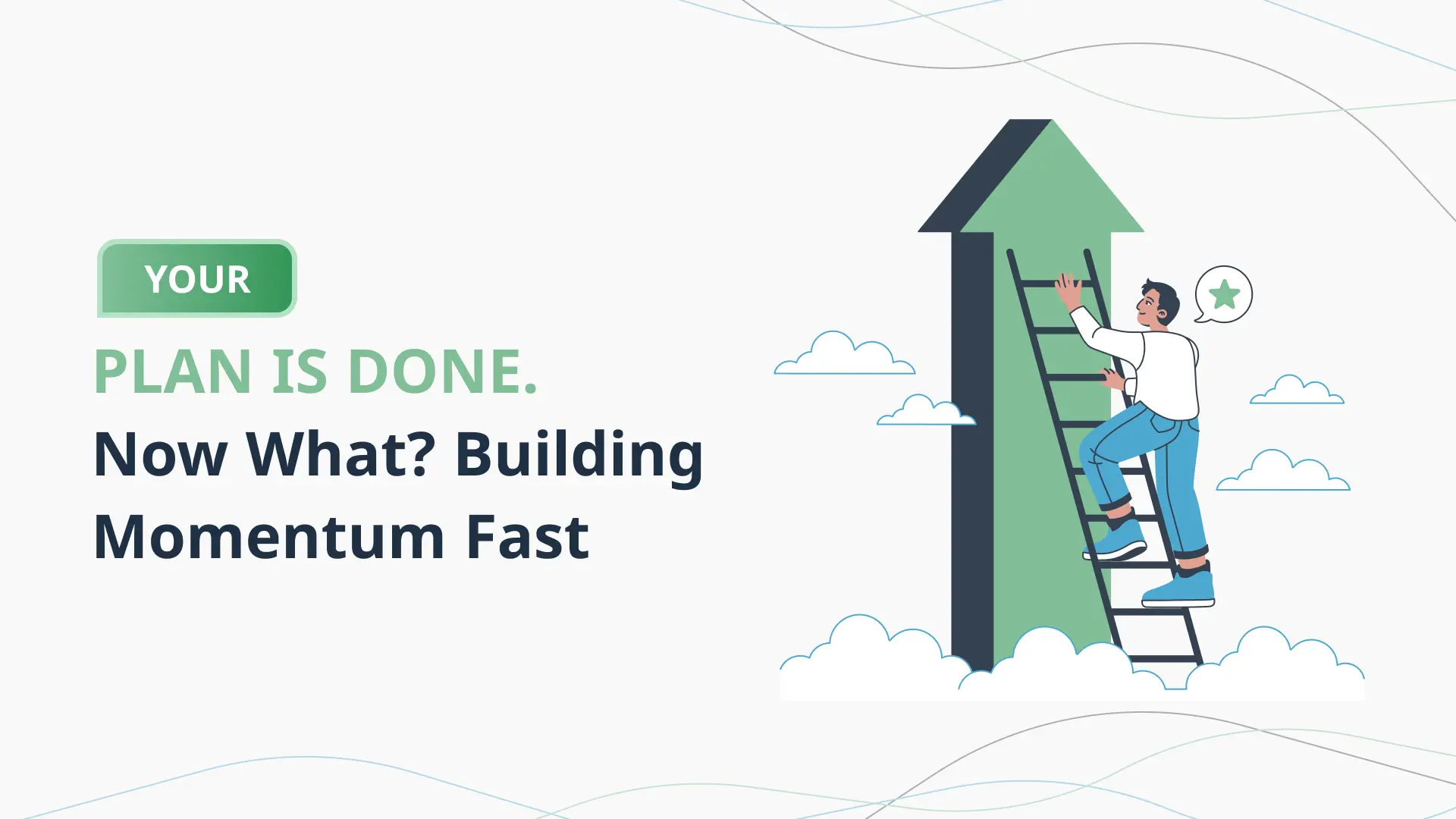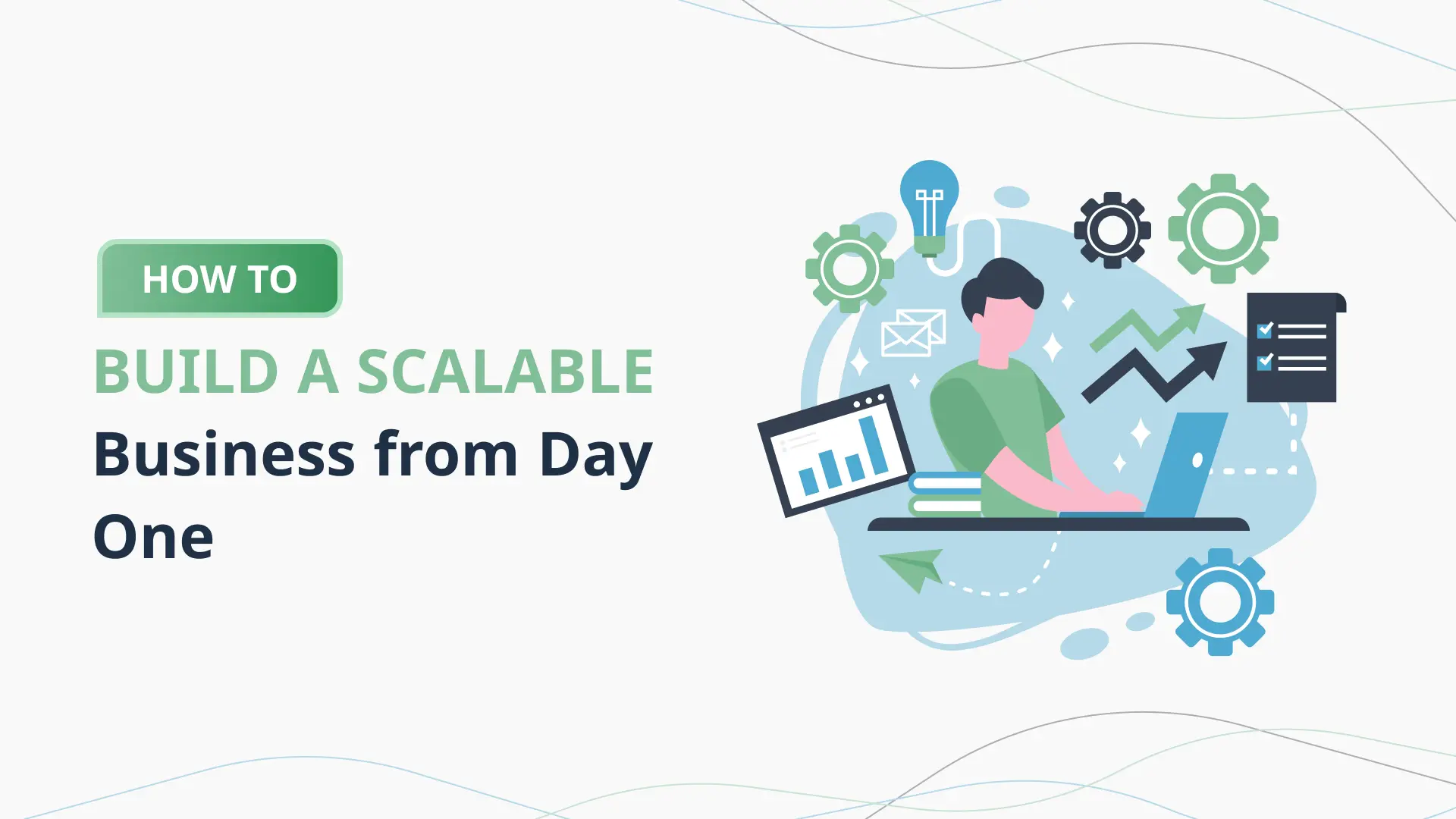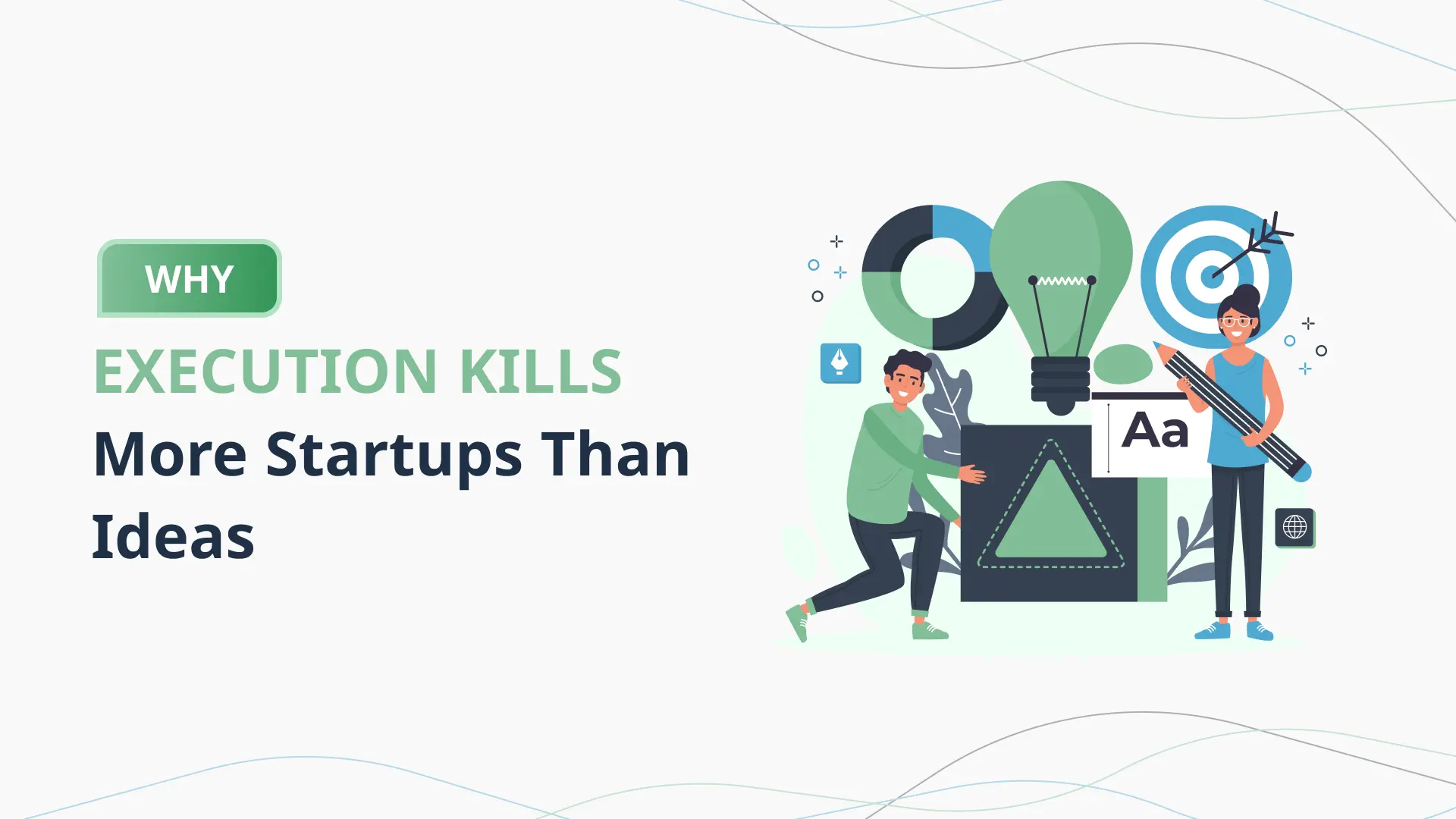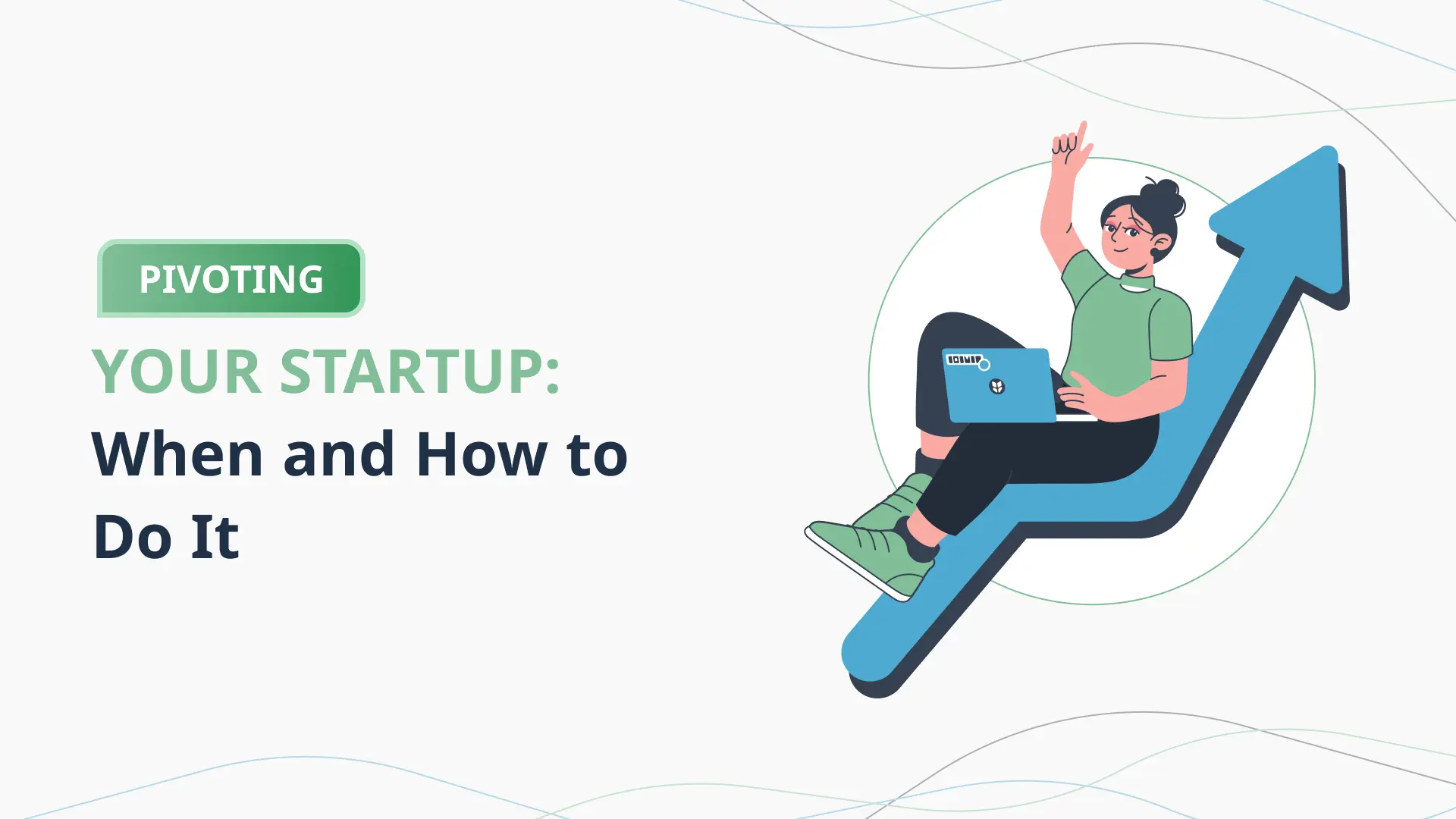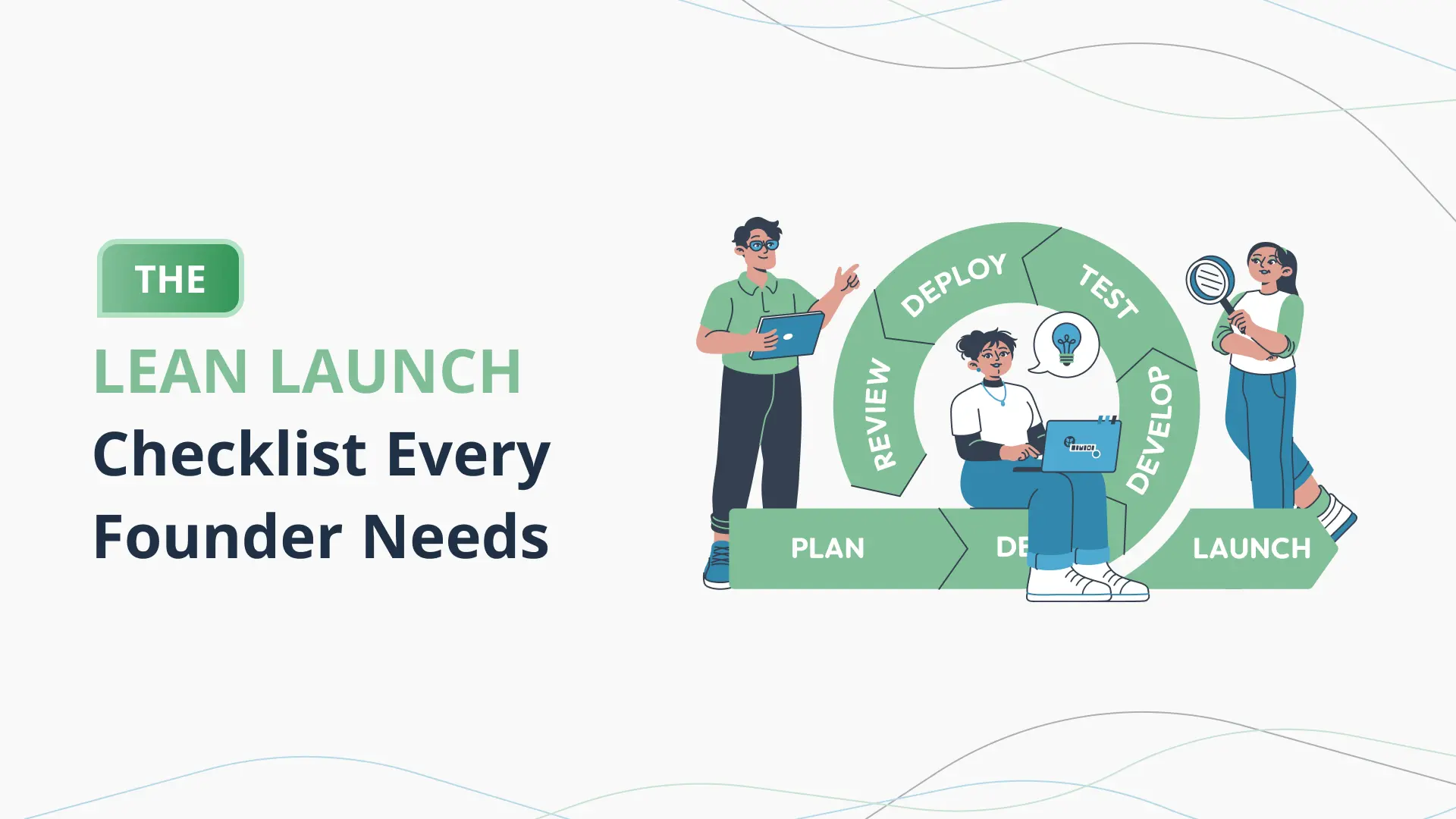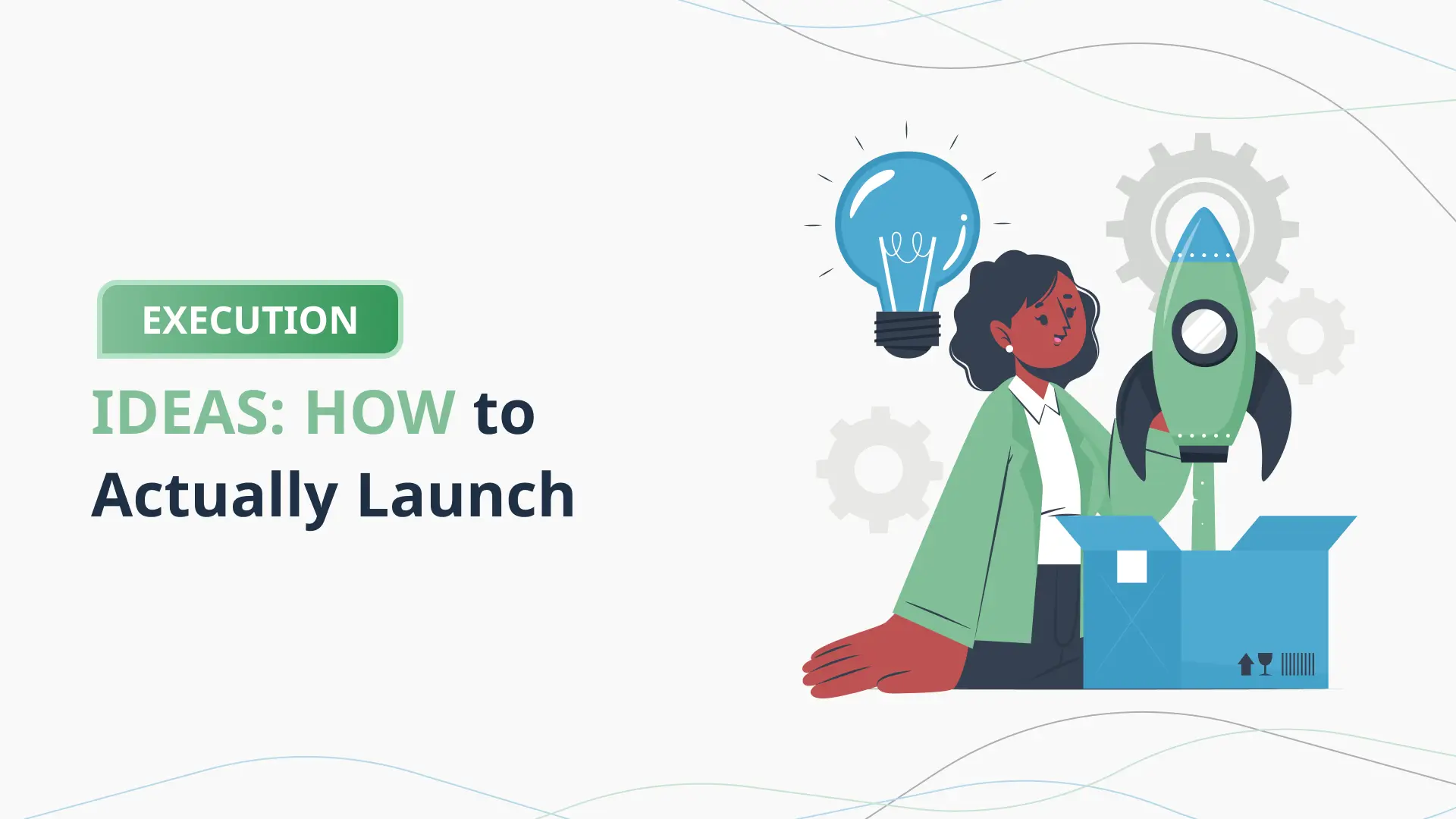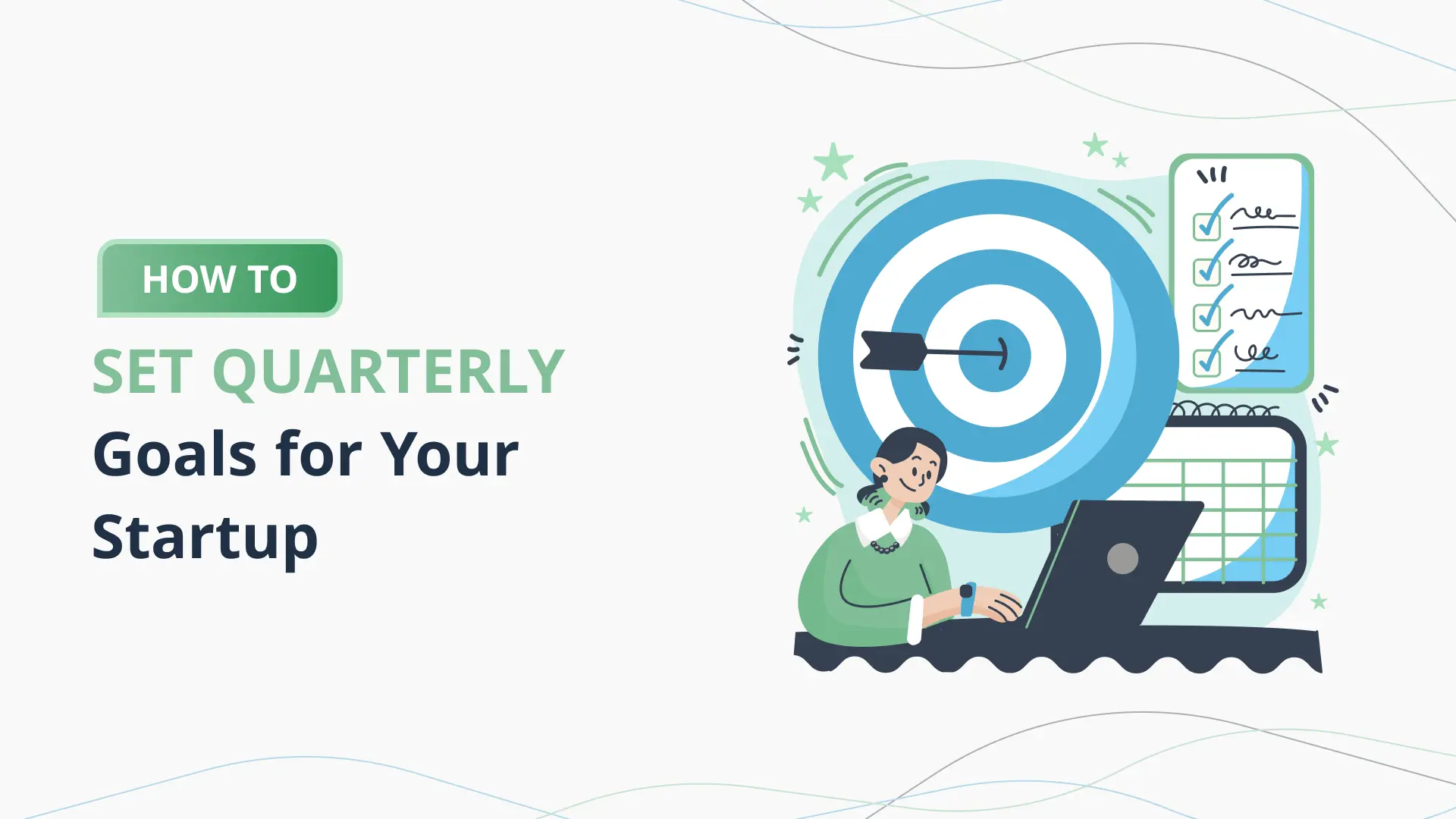What GPT Can and Can’t Do for Your Startup Planning
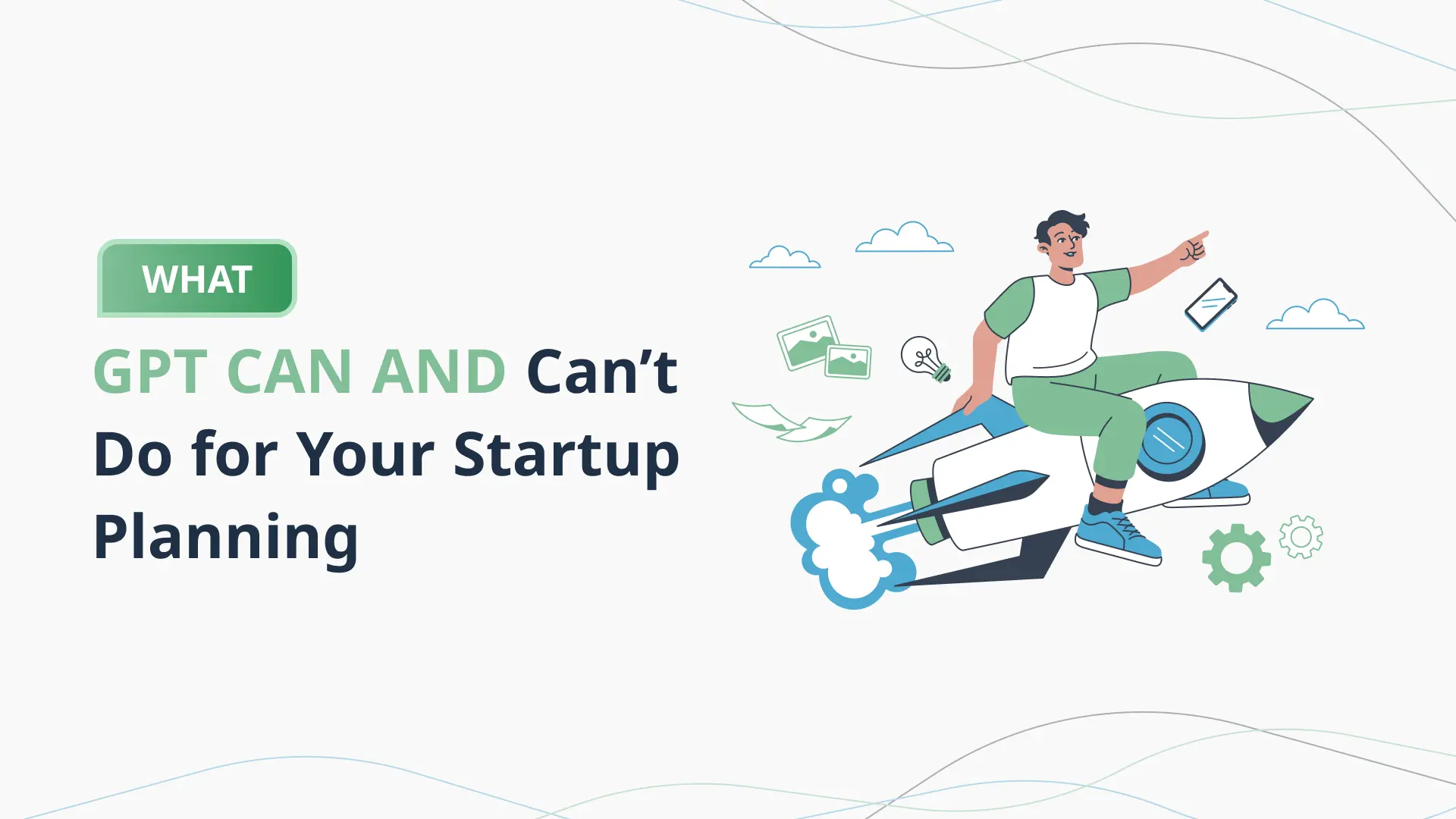
Introduction
Artificial Intelligence (AI) has rapidly emerged as a transformative force in the entrepreneurial world, reshaping how startups are planned, launched, and scaled. At the forefront of this revolution is GPT (Generative Pre-trained Transformer), a sophisticated AI model known for its natural language generation capabilities. For entrepreneurs, GPT offers an alluring promise: the ability to generate well-articulated business ideas, detailed market analyses, financial forecasts, and entire business plans with just a few prompts. But as with any tool, the key to unlocking its full potential lies in understanding what it can—and can’t—do.
In the hectic and high-stakes environment of startup planning, time, clarity, and execution are everything. GPT serves as a powerful assistant, streamlining brainstorming sessions, accelerating documentation, and even helping entrepreneurs articulate complex visions. It’s a game-changer for those struggling to put their ideas into words or unsure of how to format a business plan. Yet, while GPT can be a phenomenal aid, it is not a silver bullet.
The purpose of this blog is to take a clear-eyed look at how GPT fits into the startup planning landscape. We’ll explore its strengths, such as automating repetitive tasks and enhancing creativity, and its limitations, like contextual understanding and market nuance. We’ll also introduce you to the PlanVista app—a modern AI business plan tool designed to overcome GPT’s shortcomings and guide you through comprehensive, data-driven startup planning.
Whether you’re an aspiring founder with a disruptive idea or an experienced entrepreneur aiming to refine your strategy, this blog will help you harness the best of AI. So let’s dig deeper and discover how GPT—and PlanVista—can support your journey from idea to execution.
Where GPT Excels in Startup Planning
GPT’s greatest strength lies in its ability to generate high-quality content quickly and contextually. For entrepreneurs, this can translate to a major advantage in the early stages of startup planning, where clarity, speed, and ideation are critical.
1. Brainstorming Business Ideas
When you’re stuck at the idea stage, GPT can act as an instant brainstorming partner. Feed it some keywords or a general concept, and it can provide you with dozens of potential business models, niches, and service angles. Its ability to synthesize vast information enables it to present ideas you might not have considered, often sparking valuable insights.
2. Drafting and Structuring Business Plans
GPT can generate structured business plan content based on your prompts. Sections like executive summaries, company descriptions, and marketing strategies can be produced within minutes. This allows you to focus more on validating your ideas rather than spending days writing and formatting a document from scratch.
3. Creating Marketing Content
From value propositions to brand positioning statements, GPT excels in language generation tasks. It can help develop copy for your website, social media, pitch decks, or elevator pitches. Having consistent, persuasive messaging can set your startup apart from competitors in the early stages.
4. Conducting Preliminary Market Analysis
While GPT doesn’t pull live market data, it can synthesize existing knowledge to help you understand market dynamics, competitive landscapes, and customer personas. It’s especially useful for creating SWOT analyses and customer segmentation based on general industry patterns.
5. Generating Financial Templates and Projections (With Guidance)
While GPT isn’t a financial modeling tool, it can offer general templates for revenue models, cost structures, and funding strategies. With human input and tools like spreadsheets, these outputs can serve as a foundational blueprint.
Real-World Example
Consider a solo entrepreneur working on a tech-driven education startup. With no prior experience in writing business plans, they use GPT to draft their initial plan. In under an hour, they have a professional-looking document that clearly outlines their idea, goals, and go-to-market strategy. This gives them the confidence to seek feedback from mentors and begin pitch preparations.
In short, GPT shines as a creative, supportive assistant—excellent at turning vague thoughts into structured, readable content. But while it can offer structure and speed, it lacks the intuition and contextual awareness necessary for deeper decision-making.
Where GPT Falls Short in Startup Planning
Despite its impressive capabilities, GPT is not without its blind spots. Relying solely on it for startup planning can lead to critical oversights. While GPT can support the ideation and drafting phases, it lacks certain core competencies essential for building a sound and scalable business.
1. Lack of Real-Time Data Access
GPT cannot browse the web or access real-time data unless integrated with other tools. This means it can’t pull up-to-date statistics, current market trends, or competitor analysis from live sources. For startup founders needing the most recent industry insights, this is a significant drawback. It can simulate a market analysis, but without hard data, the risk of basing decisions on outdated or generic information is high.
2. No Business Acumen or Strategic Judgment
While GPT can mimic business language, it does not possess true business acumen. It can’t weigh strategic trade-offs, evaluate operational feasibility, or foresee regulatory issues. For instance, it might suggest a go-to-market strategy that sounds good in theory but ignores legal constraints or customer behavior nuances. Strategic thinking, risk assessment, and market intuition still rest firmly in human hands.
3. Limited Financial Precision
GPT may help outline general revenue models or financial plan sections, but it lacks the precision and accuracy necessary for detailed financial forecasting. Errors in unit economics, assumptions, or budgeting can easily go unnoticed if entrepreneurs take GPT’s outputs at face value without cross-verifying with professionals or spreadsheets.
4. Poor Customization Without Specific Inputs
Generic prompts produce generic results. GPT’s outputs are only as strong as the inputs it receives. If you don’t provide detailed, contextual prompts, you’ll get surface-level responses. This can be a barrier for first-time entrepreneurs who may not yet know what details to provide or what questions to ask.
5. Inability to Validate or Critically Evaluate Ideas
GPT will never tell you your business idea is flawed. It doesn’t critique or challenge your thinking; it simply responds based on the data it’s trained on. It can’t warn you if your assumptions are unrealistic or if your market strategy lacks differentiation. Human advisors, mentors, and feedback loops are still essential for validation.
Real-World Scenario
Imagine a founder using GPT to generate a business plan for a food delivery startup in a saturated market. The tool produces a polished plan with marketing strategies and operations workflows. But it fails to highlight that the market is already dominated by players with vast infrastructure and funding. The founder, unaware of this market reality, moves forward—only to realize too late that their competitive edge was never clear.
In conclusion, while GPT can accelerate and support many aspects of startup planning, it should not replace human expertise, market research, or critical thinking. Tools like the PlanVista app are designed to bridge these gaps, combining AI support with structured planning frameworks and data-backed insights.
Real-World Examples of GPT Use in Startups
To truly understand how GPT fits into the startup planning ecosystem, it helps to look at real-world scenarios. Across industries and founder experience levels, GPT is being integrated in creative and practical ways to accelerate ideation, documentation, and strategic communication.
1. HealthTech: Accelerating Documentation
A solo founder working on a digital health platform used GPT to rapidly generate their business plan, including complex technical descriptions and a patient acquisition strategy. With limited experience in drafting business documents, GPT enabled them to produce a clean, professional plan within a single afternoon. It included language appropriate for medical investors, helping the founder focus their time on refining their product and meeting compliance standards.
2. E-Commerce: Developing a Brand Voice
An e-commerce startup selling sustainable apparel leveraged GPT to craft compelling product descriptions, website content, and email campaigns. By feeding GPT detailed brand guidelines and tone-of-voice examples, the team produced consistent, high-converting content across all channels. GPT also helped them A/B test different messaging styles quickly, saving on marketing agency fees.
3. Fintech: Pitch Deck Refinement
A fintech startup preparing for its seed round used GPT to iterate on pitch deck content. With guidance from mentors, they used GPT to rewrite their value proposition, refine their problem-solution narrative, and improve slide transitions. While the visuals were handled by a designer, the language and narrative flow were GPT-enhanced, cutting their prep time in half.
4. EdTech: Generating Customer Personas
A team building an AI tutoring platform used GPT to generate customer personas based on initial user interviews and demographic data. These personas informed their product roadmap and marketing strategy, helping them zero in on key user pain points. Although they refined the personas further through testing, GPT gave them a solid starting point and validated some of their early hypotheses.
5. SaaS: Automating Early Support and FAQs
A bootstrapped SaaS founder used GPT to draft FAQs, user guides, and onboarding content. This allowed the team to scale customer support with minimal overhead during the MVP launch. The GPT-generated content was edited by the team for accuracy but provided a quick baseline they could iterate on.
Lessons from the Field
What these examples illustrate is GPT’s strength as a content creation assistant and ideation partner. It helps startups execute faster, reduce initial costs, and refine communication—all critical in early-stage development. However, in all examples, human oversight was crucial to ensuring accuracy, strategic alignment, and product-market fit.
These startups didn’t rely on GPT as a standalone solution but used it in conjunction with planning frameworks, user feedback, and professional guidance. That’s where tools like the PlanVista app come in—bringing structure and strategic depth to GPT’s generative power, enabling founders to avoid critical blind spots while moving with speed.
Challenges Entrepreneurs Face When Using GPT
While GPT offers powerful capabilities, integrating it effectively into startup planning isn’t always straightforward. Entrepreneurs often encounter challenges that stem from overreliance on AI, lack of domain expertise, and the inherent limitations of generative tools. Understanding these challenges can help you avoid common pitfalls and use GPT more strategically.
1. Misinterpreting GPT’s Authority
One of the most frequent issues is assuming GPT’s responses are always correct or thoroughly vetted. In reality, GPT generates text based on patterns in the data it was trained on—it doesn’t fact-check or reason like a human. Entrepreneurs may take GPT-generated content at face value without verifying it against actual data, market research, or expert input, leading to flawed assumptions in their business plans.
2. Generic Outputs from Vague Prompts
GPT thrives on detailed, context-rich inputs. Entrepreneurs who use vague prompts often receive generic, boilerplate content that lacks nuance. For example, asking GPT to “write a marketing plan for a tech startup” without specifying the product, market, or customer base will yield an unremarkable plan. This results in startup documents that feel empty or disconnected from real-world strategy.
3. Overproduction Without Direction
GPT can generate a large volume of content quickly, which may overwhelm rather than assist founders. Without a clear framework or objective, entrepreneurs risk creating verbose documents that lack strategic cohesion. This leads to cluttered plans that may impress at first glance but fail to deliver actionable insight.
4. Ignoring Legal, Cultural, and Ethical Nuances
GPT doesn’t have a built-in moral compass or cultural intelligence. If not carefully guided, it might produce content that inadvertently includes biased assumptions or overlooks critical legal considerations. For example, GPT might draft terms of service or privacy policies that are not compliant with local regulations, which can have serious consequences.
5. Lack of Iterative Feedback
Unlike human advisors, GPT does not challenge your thinking or provide critical feedback. It won’t question your assumptions or warn you of risks in your model. This absence of constructive pushback can lead entrepreneurs to move forward with poorly vetted plans or unrealistic projections.
Real-World Implication
A founder building a crypto-focused financial app used GPT to draft their business plan and investor deck. The materials looked polished, but they failed to address recent regulatory changes affecting crypto transactions. When presenting to investors, this oversight raised red flags and diminished credibility. The founder realized GPT needed to be paired with up-to-date research and legal review.
Bridging the Gap with PlanVista
These challenges point to a broader need for structured tools that combine AI’s strengths with human oversight and strategic guidance. The PlanVista app addresses these gaps by guiding users through a planning journey with built-in prompts, validation checks, and live-data integrations. By blending GPT’s content-generation power with industry-tested frameworks, it helps founders create more realistic, robust, and investor-ready plans.
The Role of Human Expertise in Startup Planning
While GPT and similar AI tools offer substantial assistance in startup planning, human expertise remains irreplaceable. The nuances of business strategy, market dynamics, interpersonal communication, and intuition require skills that go beyond language generation. Founders must understand that AI is a tool—not a replacement—for the seasoned judgment that comes from experience, mentorship, and critical thinking.
1. Strategic Decision-Making
AI can help generate ideas and simulate strategic plans, but the actual decision-making must be rooted in real-world understanding. Choosing a business model, entering a market, or deciding on a funding strategy involves evaluating risks, assessing trade-offs, and anticipating competitive moves—areas where human judgment excels. For instance, only a founder deeply familiar with their industry can decide whether to pursue a subscription model or a freemium approach.
2. Navigating Ambiguity and Change
Startups operate in uncertain, rapidly changing environments. Human adaptability is crucial when facing unexpected challenges like regulatory changes, supply chain issues, or customer behavior shifts. While GPT can suggest responses based on historical patterns, it cannot dynamically adapt to real-time variables or emotional contexts. Entrepreneurs must use their intuition and creativity to pivot quickly and effectively.
3. Communication and Relationship Building
Building a startup is as much about people as it is about plans. Forming partnerships, negotiating with investors, hiring talent, and selling to customers require emotional intelligence, persuasion, and trust—qualities that AI does not possess. Human expertise enables founders to build relationships that drive business growth, something no algorithm can replicate.
4. Customization and Relevance
Every startup is unique. While GPT can draft generalized content, it lacks deep domain knowledge and contextual awareness. A founder with industry-specific expertise can tailor strategies, validate assumptions, and ensure that every aspect of their plan aligns with real-world market conditions and user needs.
5. Continuous Learning and Growth
Founders evolve over time by learning from successes and failures. This iterative learning process—making mistakes, seeking feedback, adapting strategies—is a core part of startup growth. GPT doesn’t learn from outcomes or adapt based on experience. Human founders do, and this capacity to learn and evolve is a major advantage in long-term planning and execution.
A Collaborative Future
Rather than viewing AI as a substitute for expertise, the most effective founders treat it as a collaborator. They use GPT to accelerate low-value tasks like formatting and content drafting, freeing themselves to focus on high-impact areas like market validation, user feedback, and investor relations.
Enter PlanVista
The PlanVista app is designed with this synergy in mind. It doesn’t just automate business planning; it empowers founders to think strategically while offering intelligent guidance at every step. By integrating GPT outputs into a structured, human-centered planning workflow, PlanVista enhances your capacity—not replaces it. This approach enables you to stay creative, remain agile, and make decisions with confidence, knowing you have both AI and human wisdom on your side.
How PlanVista Enhances GPT’s Capabilities
While GPT offers powerful language generation, its utility increases exponentially when paired with a structured platform designed for business planning. That’s where the PlanVista app comes in. PlanVista bridges the gap between generative AI capabilities and the strategic rigor required to launch and grow a successful startup. It does this by integrating GPT’s strengths into a comprehensive, guided startup planning tool—effectively turning a writing assistant into a full-fledged business plan generator.
1. Structured Planning Frameworks
One of GPT’s limitations is its tendency to produce free-form, unstructured content unless given very specific instructions. PlanVista overcomes this by embedding GPT into clearly defined planning modules. Each section of the business plan—executive summary, market analysis, financial projections, operations—is guided by strategic prompts and templates. This ensures that the output isn’t just coherent but also aligned with investor expectations and best practices.
2. Contextual Prompts and Smart Suggestions
PlanVista leverages GPT’s language generation within a contextual environment. As users enter information about their product, market, and team, the app tailors GPT’s suggestions accordingly. Instead of generic paragraphs, users receive content specifically tailored to their business type, industry, and goals. This eliminates the “boilerplate” feel that often comes with AI-generated text and ensures relevance.
3. Built-In Data and Validation Tools
Unlike GPT alone, PlanVista integrates live data modules and validation mechanisms. This includes market data insights, competitor benchmarks, and financial modeling tools. It allows founders to back up AI-generated narratives with real-world data—something GPT by itself cannot do. The result is a business plan that is not only well-written but also credible and data-driven.
4. Collaborative Features
Startups are often built by teams, not individuals. PlanVista supports real-time collaboration, enabling co-founders, advisors, and investors to comment, suggest edits, and review plan progress. GPT outputs can be reviewed and improved within a shared workspace, reducing misalignment and encouraging diverse input—essential elements for planning success.
5. Presentation-Ready Outputs
Another area where PlanVista enhances GPT is in delivering investor-ready documents and presentations. The app formats and organizes outputs into professional-grade documents and slide decks, ensuring consistency and visual appeal. Entrepreneurs don’t need to worry about design or formatting—they get materials that are ready to share with stakeholders immediately.
6. Continuous Improvement and Guidance
PlanVista doesn’t stop at one-time generation. It tracks user feedback and common revision patterns to improve prompt suggestions and content quality over time. Founders are guided through iterative planning, with reminders, checkpoints, and tips to help refine their plans as their business evolves.
Conclusion: Balancing Innovation with Insight
The rise of AI has fundamentally reshaped the startup landscape. Tools like GPT have introduced a new era of speed, convenience, and creative assistance, especially during the often chaotic and overwhelming early stages of launching a business. As we’ve seen throughout this blog, GPT excels in ideation, drafting, and communication—making it an incredibly valuable assistant in your entrepreneurial toolkit.
But as powerful as it is, GPT is not a standalone solution. It lacks the strategic depth, real-time awareness, and critical judgment that successful business planning demands. GPT can help you write the words, but it can’t confirm if your go-to-market strategy is viable, if your pricing model makes sense, or if your assumptions are grounded in reality. These areas still require human insight, industry expertise, and structured planning.
That’s where PlanVista shines.
The PlanVista app takes everything GPT does well and enhances it through a smart, structured interface designed specifically for startup planning. It guides you step-by-step through each component of a robust business plan, supports real-time collaboration, integrates with data tools, and ensures that your final product is not just eloquent—but executable and investor-ready.
By combining GPT’s generative power with PlanVista’s structured framework, you get more than just a business plan generator. You gain a strategic planning platform that empowers you to move from idea to action with confidence. Whether you’re drafting your first business model, refining your market strategy, or preparing a pitch for investors, PlanVista keeps you focused, informed, and on track.
In a world where every startup is racing against time and competition, leveraging AI effectively can be your edge—but only if you pair it with the right tools and mindset. PlanVista helps you strike that balance. It’s not about replacing human thinking; it’s about enhancing it with intelligent assistance that lets you work smarter and faster.
So, if you’re ready to turn your business idea into a structured, strategic plan that attracts investors and scales sustainably, it’s time to explore what PlanVista can do for you. Don’t just write a business plan—build a blueprint for success.
Start your journey with the PlanVista app today and experience smarter startup planning.
FAQs
Yes, GPT can generate a full draft, but it requires detailed inputs and human oversight to ensure accuracy and strategic relevance.
No, GPT is a helpful assistant but cannot replace the industry expertise, strategic thinking, and tailored advice a consultant provides.
PlanVista provides structure, context-specific prompts, real-time data integration, and formatting tools to turn GPT text into actionable plans.
Yes, PlanVista includes financial planning modules and templates that guide you through realistic projections supported by data.
Absolutely. Its user-friendly interface and step-by-step guidance make it ideal for those new to startup planning.
